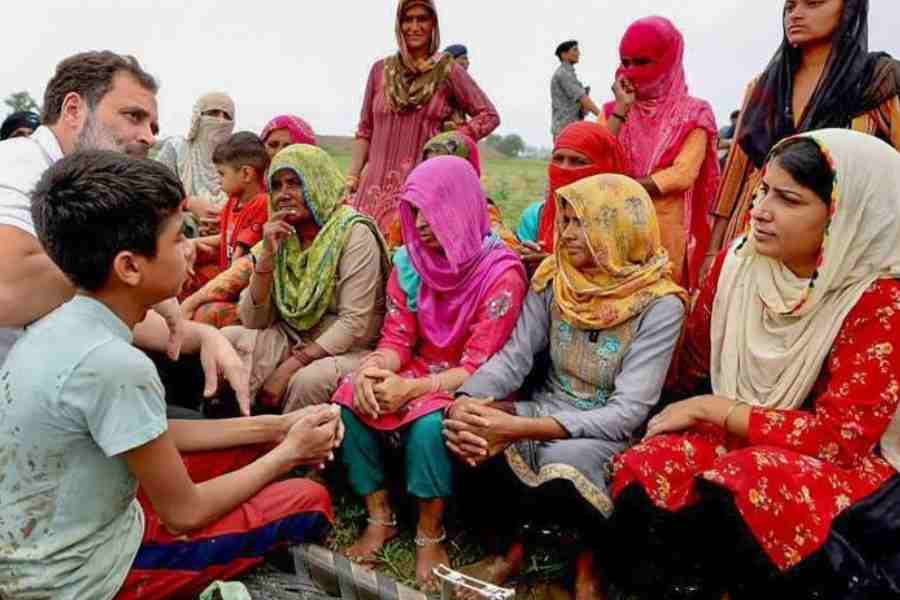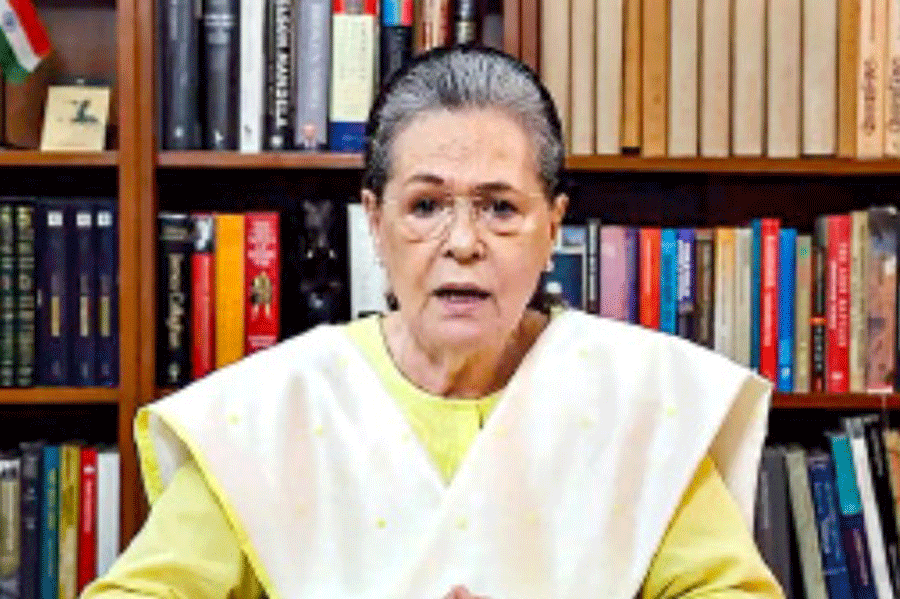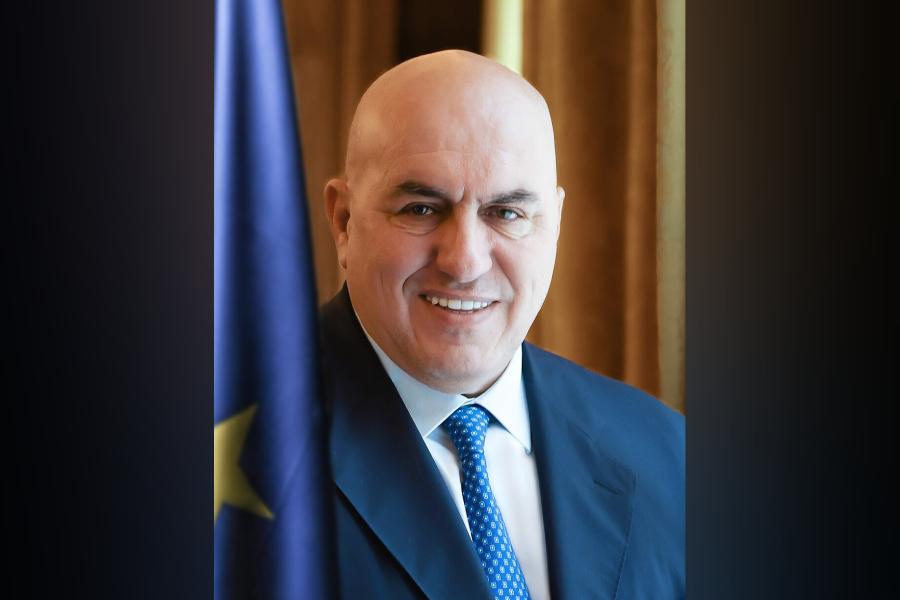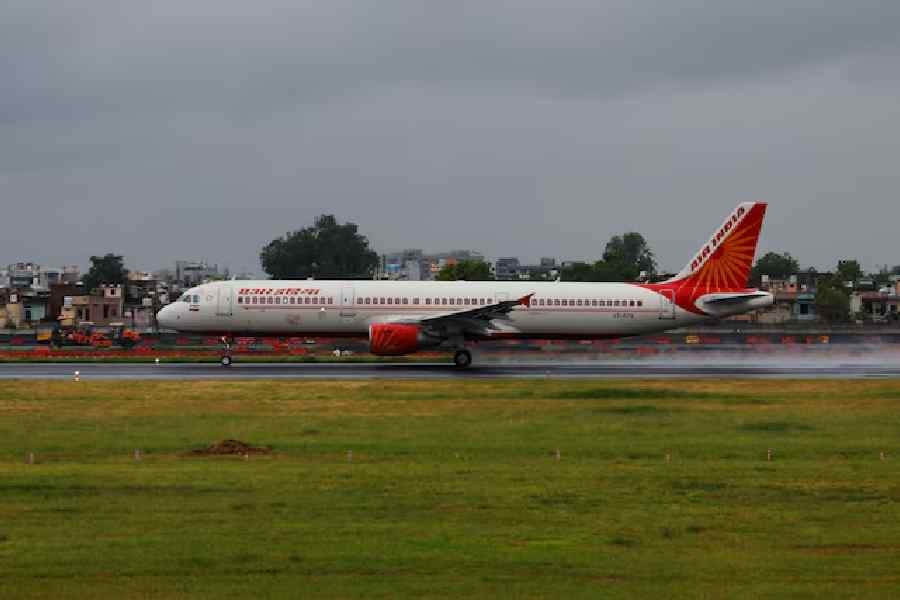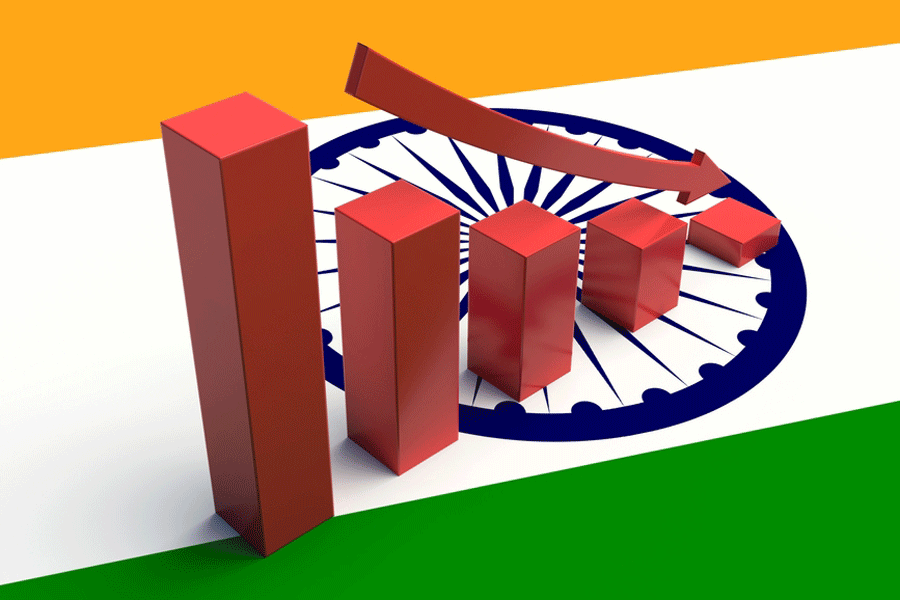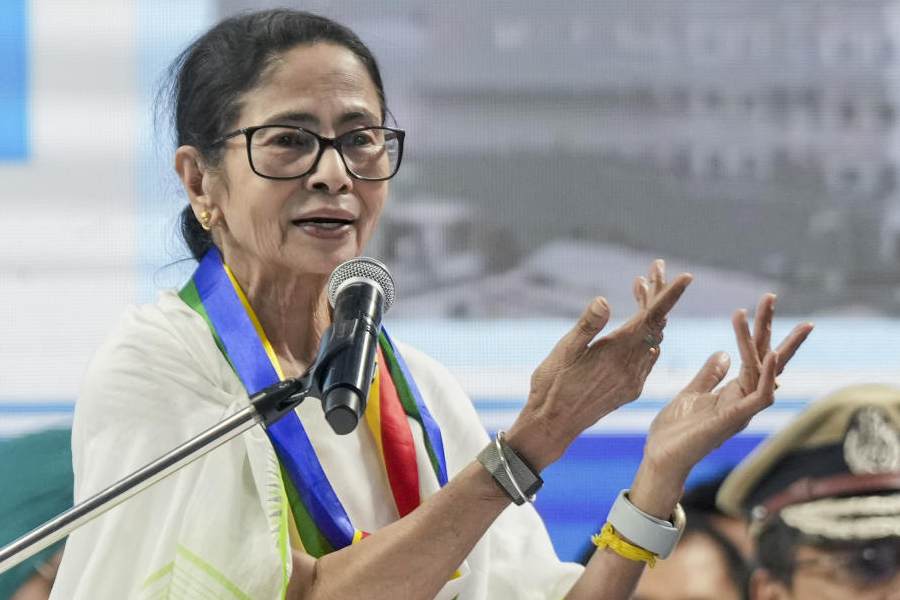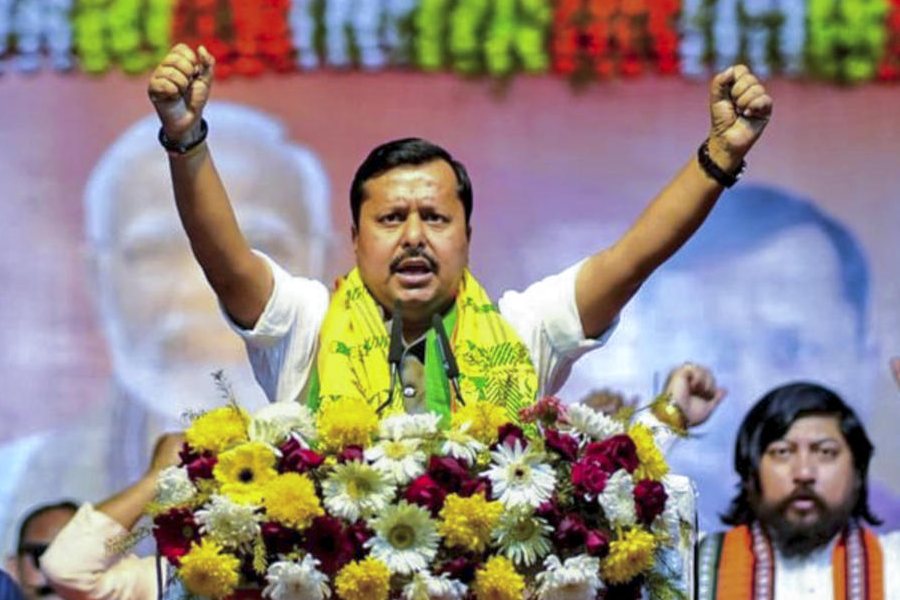A middle-aged woman chides Rahul Gandhi: “You asked so many things about us but revealed nothing about yourself. Tell us something about yourself.”
Rahul, whose father, grandmother and great-grandfather were Prime Ministers, responds simply: “I am from Delhi.”
When the woman expresses a desire to visit his home, he says: “I don’t have a house; my house has been taken away by the government.” But he calls up sister Priyanka to tell her: “Here are 20 women and they want to come to your house for a meal.” Priyanka talks to the women and invites them over.
Such chance interactions are often forgotten. But Rahul arranged for a bus to bring the women and their children to 10 Janpath, his mother Sonia Gandhi’s residence, on July 14. The delighted group shared a meal with Sonia, Priyanka and Rahul, sang and danced with them, and returned with a memorable experience with India’s most famous family.
The women belong to Madina village in Haryana’s Gohana, where Rahul had stopped on July 8 to talk to farmers. He drove a tractor, sowed paddy saplings and discussed the processes and economics with the farmers, who said their lives had worsened over the past decade.
Rahul then talked to the women farm workers about their lives and daily routine, shared their rotis and asked about their aspirations. The women told him they wanted to educate their children for a better life, while some complained there were no jobs even for degree holders.
When one of the women said she couldn’t see because of a cataract, his immediate reaction was: “I will get you treated.”
The Bharat Jodo Yatra had revealed Rahul’s easy bonding with ordinary people, and his instinctive outings since then — meeting truck drivers, motor mechanics, students and now farmers — have brought out further his genuine interest in people’s lives.
Away from the public eye, Rahul has been known to help people – he had supported the brother of the 2012 Delhi gangrape victim to achieve his dream.
In public, Rahul had fought against the land acquisition law and for tribal rights, grappled with the police to reach Hathras to meet the rape victim’s family, and visited Lakhimpur Kheri to console the families of the farmers who were mowed down.
But the BJP, with help from a large section of the electronic media, was able to sell the propaganda that he was a Pappu who was unfit to lead.
Now, there are tell-tale signs, from Kanyakumari to Kashmir, Wayanad to Manipur, from Cambridge University to the fields of Madina, that the propaganda is not working. Rahul has been able to cut through it, and he has done so without the power of the state or any institutions. His visit to strife-torn Manipur, where women were seen protesting against the administration’s restrictions on Rahul, proved beyond doubt that he doesn’t need any position to sustain his goodwill among people of the country.
In Manipur, Rahul was embraced as a leader who didn’t represent any community, wasn’t there to promote an ism, didn’t carry any sectarian agenda. As the Bharat Jodo Yatra reached its climax, he entered Kashmir despite security threats not because he represented the Congress but because he was seen as an ambassador of non-violence and an agent of peace and harmony.
Rahul’s public outreach is the opposite of Narendra Modi’s -- he doesn’t give sermons and doesn’t sell grand dreams of Rs 15 lakh coming into everybody’s account or of making India Vishwaguru.
The former MP is rekindling hope through quiet persuasion and a healing touch. He is addressing the fundamental crisis of Indian society: of a trust deficit and the despondency that nobody will stand with you in times of struggle and distress. A despondency that has been deepened by Modi’s tendency of staying aloof in crisis -- Manipur knows this, the farmers know this, the athletes know this.
Rahul has stood with the farmers, with the students, with small businessmen, with Dalits, with Muslims, with women in distress. He might not have the power of the state to offer solutions but brings a reassuring feeling of understanding and support through his timely humane interactions.
The foundational principle of Indian politics was laid by Mahatma Gandhi, whose experiments with truth were aimed at creating a new moral and social order. Rahul is trying to relive those principles -- his Bharat Jodo Yatra was an effective interface between society and politics. His continued interaction with ordinary people is a celebration of the same values.

